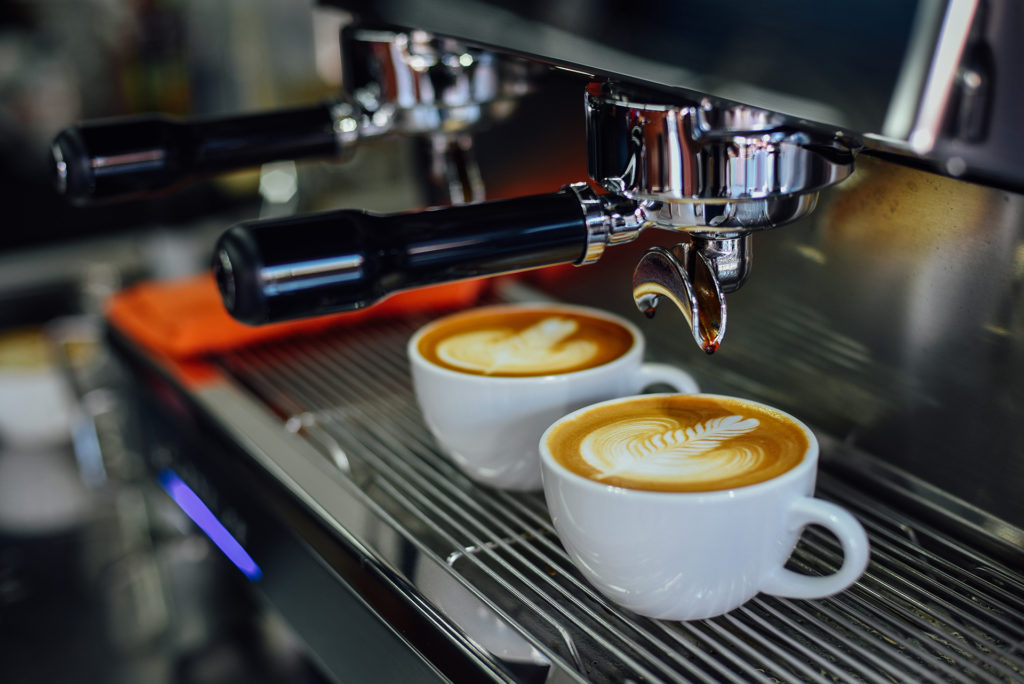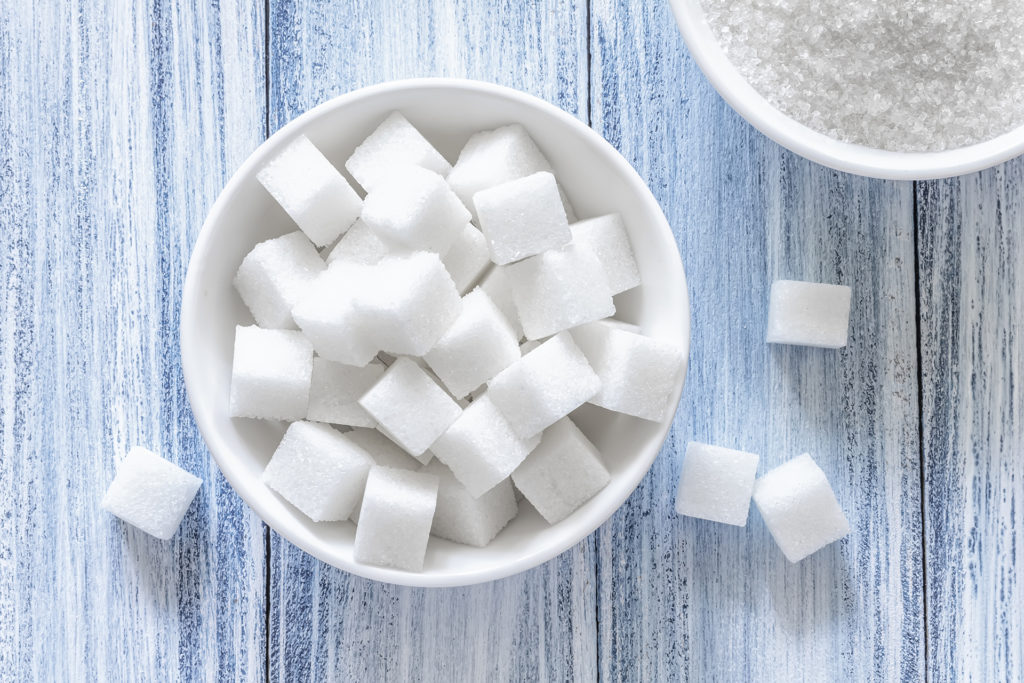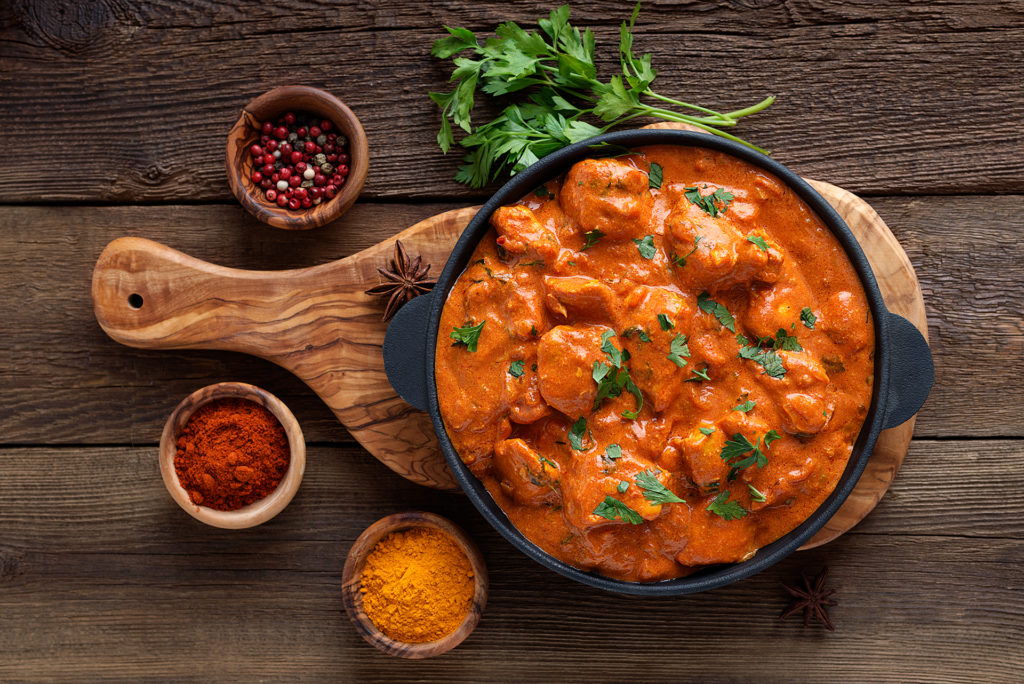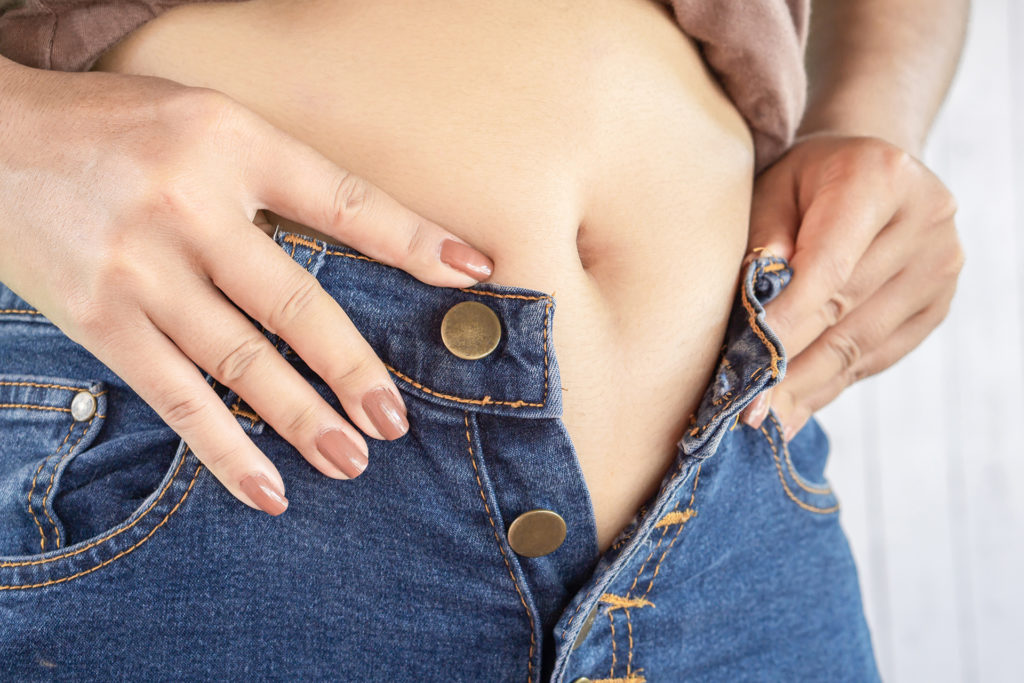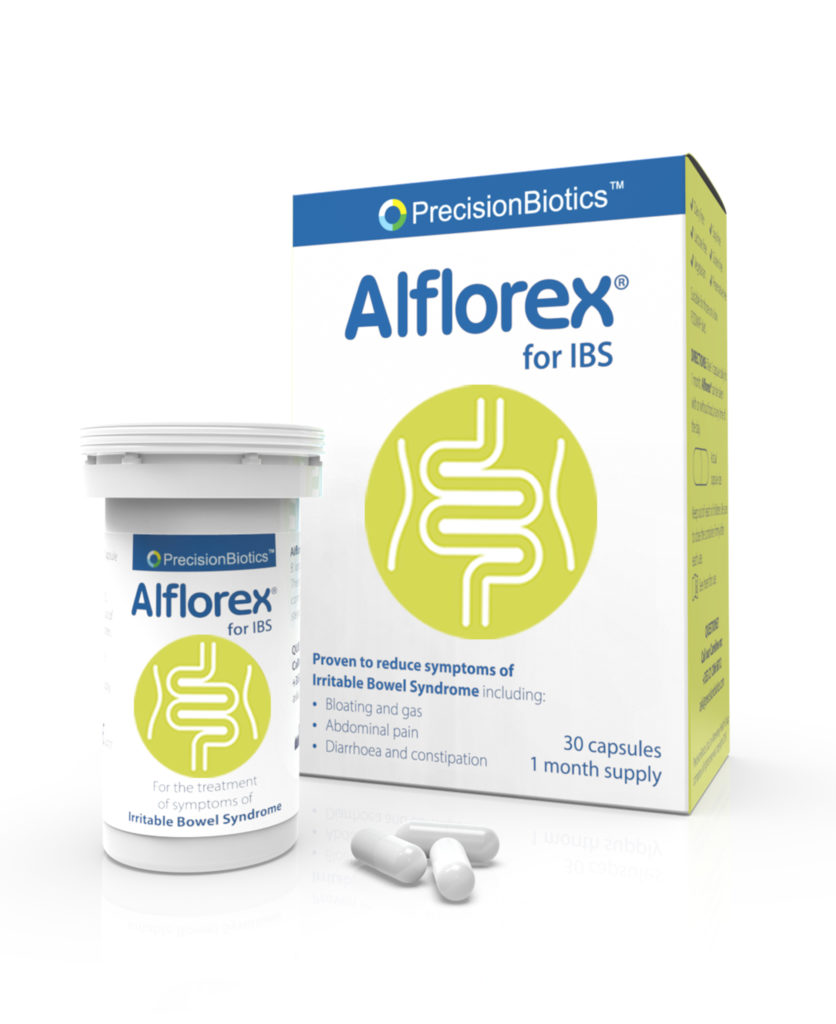Beat The Bloat!

What is your gut trying to tell you if you’re bloated?
Most of us can feel a bit bloated after an indulgent meal, but bloating can be a sign your digestive system isn’t working optimally. For the one in five people in the UK who have Irritable Bowel Syndrome (IBS), bloating can be a common, and very upsetting and uncomfortable occurrence. But you might not know there are a few triggers, from caffeine to artificial sweeteners, which we consume every day without realising the harm they could be causing.
April is IBS Awareness Month.
Here Dr Simon Smale, Gastroenterologist and Clinical Director of GI Medicine and Surgery at the Manchester Royal Infirmary, who is a Trustee of the IBS Network, shares his expertise about bloating, and what we can do to help alleviate it:
Why do we bloat?
Bloating is caused by excess gas in the bowel which leads to discomfort and swelling. Constipation and digestive disorders such as IBS, which cause unpredictable bowel movements, can also lead to bloating. Holding in wind can also cause more issues in the long term, so let it out!
Around 70 percent of the immune system is located in your gut, so gut bacteria play an important role. If normal digestive function is interrupted, good bacteria decreases, which can lead to an expanded abdomen.
Surprising food and drinks which cause bloating
Rich, fatty or processed foods and eating too much are known to cause the dreaded stomach bloat, but other some of our everyday food and drinks may also be causing us issues, including our daily coffee habit . . .
1 Caffeine can have a negative effect on the gut and can promote wind and gas, so try to limit yourself to a couple of cups of coffee a week rather than a couple of cups a day.
2 Too much sugar leads to an overgrowth of gas-causing bacteria.
3 Artificial sweeteners are indigestible sugars that can have adverse effects on the gut and can lead to trapped wind. Diet drinks and even diet foods often contain indigestible sugars which ferment in the large bowel. This causes wind and bloating symptoms. Many animal studies have shown that sweeteners completely disrupt the good gut bacteria, which leads to an imbalance known as dysbiosis.
4 Not only do the gases in fizzy drinks cause your stomach to bloat, drinking too many can make you feel anxious. This is due to the gut brain connection. A diverse gut biome links to higher blood tryptophan and tryptophan turns into serotonin, the brain chemical we need to be happy.
5 Recent research by the British Gut Project shows that alcoholic spirits in particular are bad news for gut health.
However, it’s not all bad news where alcohol is concerned, as it also found that red wine can be beneficial for the gut. Its benefits are down to polyphenols, the top class anti-oxidants which you can also find in artisanal ciders, which feed the microbiome, increasing the diversity of microbes.
Beat the bloat: The daily habits which could be causing your pain
1 Steer clear of highly processed foods and avoid anything which is greasy, gassy or spicy. It’s also not a good idea to eat all your calories in one go at the end of the day.
2 Eat mindfully: Take your time, chew every mouthful and don’t gulp food down. Sit down in a relaxed environment –preferably not at your desk and not in a stressful work situation.
3 Try incorporating prebiotic ingredients. Prebiotics act as the ‘fertiliser’ for the good bacteria and encourages it to proliferate and in time counter the effects of more harmful bacteria. Leeks, onions and garlic are all prebiotics.
4 Another great tip is to stock up on fermented foods and incorporate them into dishes you are cooking. Like prebiotics, naturally fermented foods are a great addition to your fridge or store cupboard as they can help with your digestive health. So long as you are not lactose intolerant, kefir is great as a dessert, a topping or as dressing. Miso paste can be used as a drink (diluted in hot water), as marinade for fish or meat, or even as a dressing. Try buying an unpasteurised version if you can. You might also want to consider using Raw Organic Unpasteurised Apple Cider Vinegar in salad dressings. Other fermented foods to consider are kimchi, kombucha and sauerkraut all of which you can now buy in good supermarkets.
5 Exercise has been shown countless times to help gut symptoms from flatulence, to bloating and constipation. Exercise that gets you out of breath such as jogging or speed walking at intensity done for half an hour a few times a week helps both bowel function and heart rate.
6 If prebiotics act like fertiliser for the gut, probiotics are the seeds – they help the healthy growth of ‘good bacteria’. Consider taking a daily probiotic supplement to tackle your bloating symptoms. However, not all probiotics are the same. You need to look for one which has been clinically proven in clinical trials such as Alflorex. Alflorex is unique (compared with other food supplements and probiotic yogurts) because it contains the live 35624® culture which has been clinically tested by scientists and gastroenterologists and shown to reduce abdominal pain, bloating, gas and unpredictable bowel movements (It is available at Boots). It takes 2-4 weeks to prime the gut after which your bloating will start to deflate.
For more information about Alforex . . .


